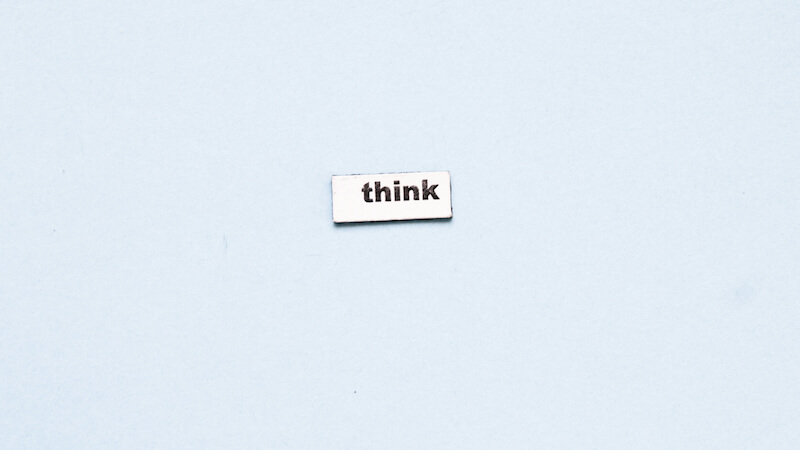
According to a recent study, AI can help in the fight against conspiracy theories. Not only can it refute false information, but it also promotes critical thinking.
Misinformation is becoming an ever-increasing problem. That’s why many people still believe in conspiracy theories. But a recent study shows that artificial intelligence can provide a solution to this problem. AI models could convince people to question their belief in conspiracy theories.
In addition researchers used GPT-4. The language model conducted conversations about conspiracy theories with over 2,000 participants. The test subjects first had to present their theories and explain why they believed in them. The chatbot was then programmed to provide convincing counterarguments.
AI refutes conspiracy theories
The result: In a follow-up survey, the researchers found that the participants’ belief in corresponding theories fell by around 20 percent. Although it is a laboratory study, the experiment shows that artificial intelligence is capable of making people reconsider their beliefs. This seems interesting because a change in thinking is often difficult to achieve using conventional means.
A key to the success of the experiment was the chatbot’s ability to tailor its answers to the participants’ respective theories. Since different people believe in conspiracy theories for different reasons, the AI was able to address the respective beliefs through targeted facts and logical arguments.
Promote critical thinking
The effects of the conversations continued after the experiment. Ten days and even two months later, participants reported continuing to reconsider their views. This shows that AI models could play a long-term role in combating disinformation. Possible areas of application would be social media or support in clarifying conspiracy theories.
Artificial intelligence could be an important tool in the fight against disinformation and conspiracy theories. The study provides a first insight into how customized arguments through chatbots can help people question false beliefs and change their perspectives.
Also interesting:
- Artificial intelligence in the iPhone 16: These are the new Apple products
- Self-healing power grid: Artificial intelligence should prevent blackouts
- AI gap: Artificial intelligence is creating an even deeper “digital divide”
- AI as a judge: The advantages and disadvantages of artificial intelligence in the judiciary
The post AI refutes conspiracy theories – and promotes critical thinking by Felix Baumann appeared first on BASIC thinking. Follow us too Facebook, Twitter and Instagram.
As a Tech Industry expert, I believe that AI has the potential to play a crucial role in refuting conspiracy theories and promoting critical thinking. With the ability to analyze vast amounts of data and identify patterns, AI can help uncover the truth behind misinformation and debunk false claims.
By using AI tools to fact-check information and provide evidence-based analysis, we can empower individuals to make informed decisions and resist the spread of conspiracy theories. Additionally, AI can help identify and track the source of misinformation, enabling us to better understand how these theories are propagated and combat them effectively.
Furthermore, AI can enhance critical thinking skills by encouraging individuals to question information and seek out reliable sources. By promoting a culture of skepticism and encouraging people to think critically about the information they encounter, we can create a more informed and resilient society.
Overall, I believe that AI has the potential to be a powerful tool in the fight against conspiracy theories and the promotion of critical thinking. By harnessing the capabilities of AI to combat misinformation and empower individuals to think critically, we can create a more trustworthy and reliable information ecosystem.
Credits